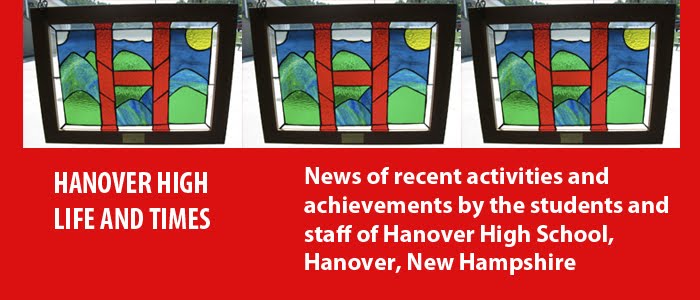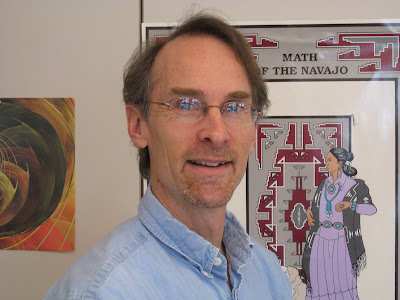Bill Hammond, who has taught mathematics, English and theater at HHS for 25 years, writes: The United States is often castigated for preparing students in mathematics and science poorly. During my sabbatical year I wanted to determine whether that's true. And if we do teach ineffectively, what can we do to change? So I traveled to math classrooms in four Asian countries and six US states. Everywhere I traveled, I filmed the teachers and students in an attempt to elicit what qualities of teachers are most effective in helping students learn.
In the fall of 2006 I spent time in schools in New Delhi, India where students compete for university admission. According to teachers there, 5% will succeed. I spent time in Singapore, where students are separated into a college-bound track after eighth grade. I went to Seoul, South Korea where the top 1% to 3% of the high-school students are removed from the regular high-school program and sent to special math-and-science high schools to prepare as the nation's scientists and engineers. And I went to Tokyo, where students have a 231-day school year (the US averages 178 days before construction waivers are accounted for) and a rigorous program of study.
From December to March, I traveled to visit award-winning high-school math teachers in Belmont, NH; Baltimore, MD; Columbus, MS; Phoenix, AZ; Los Angeles, CA; and Evanston, IL. Along with the traveling, I read contemporary research on learning, including The Art of Changing the Brain, What the Best College Teachers Do, The Teaching Gap, and Qualities of Effective Teachers.
I've edited my films into three separate documentaries: one illustrates the teaching strategies of the Asian countries I visited; the second focuses on the most effective techniques of US teachers; and the third-in some ways my favorite-incorporates interviews of students from around the globe. Students reflect on their own attitudes about mathematics, and about what they want and need from a math teacher to help them understand mathematics better. It's no surprise to me that students speak insightfully about the teaching techniques that best help them learn, techniques that are supported by the research.
You are welcome to watch my documentaries on DVDs (available at the Howe Library and the HHS Library) or on the web at these two links: http://catv10.org/video/billhammondmath.mov and http://catv10.org/video/mathreflections.mov.
Tuesday, February 12, 2008
"MR BILL:" MY MATHEMATICAL SABBATICAL
Posted by
Hanoverlife
at
12:28 PM
![]()

